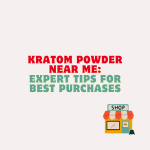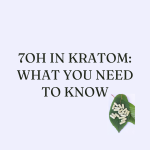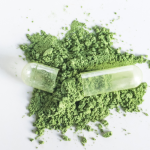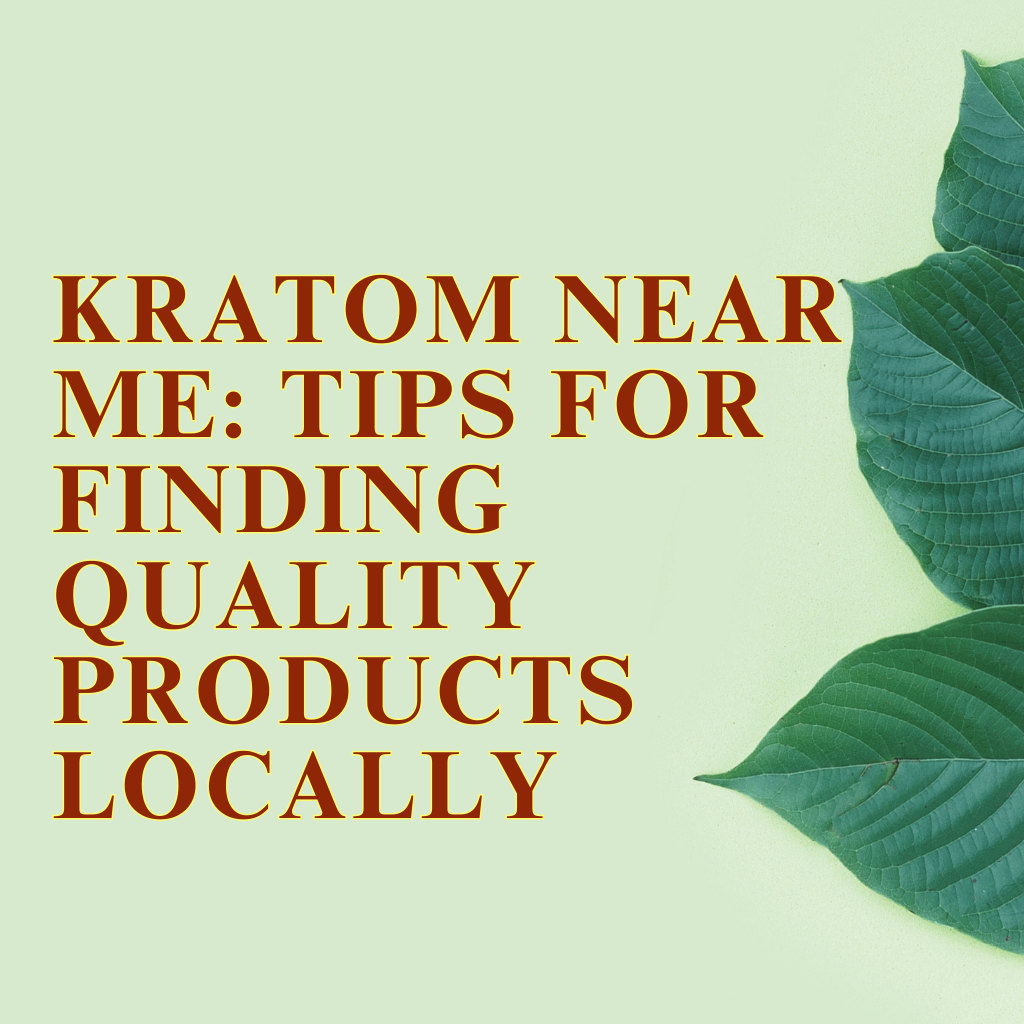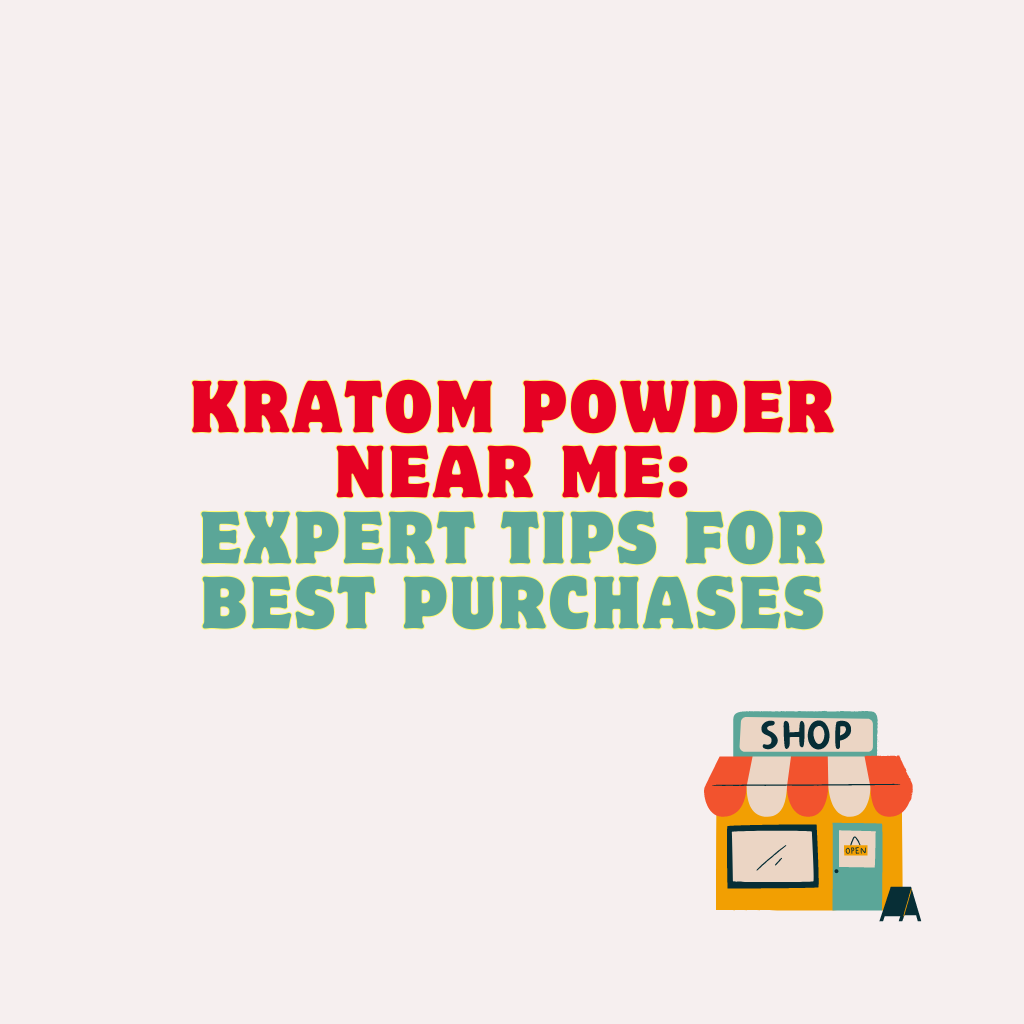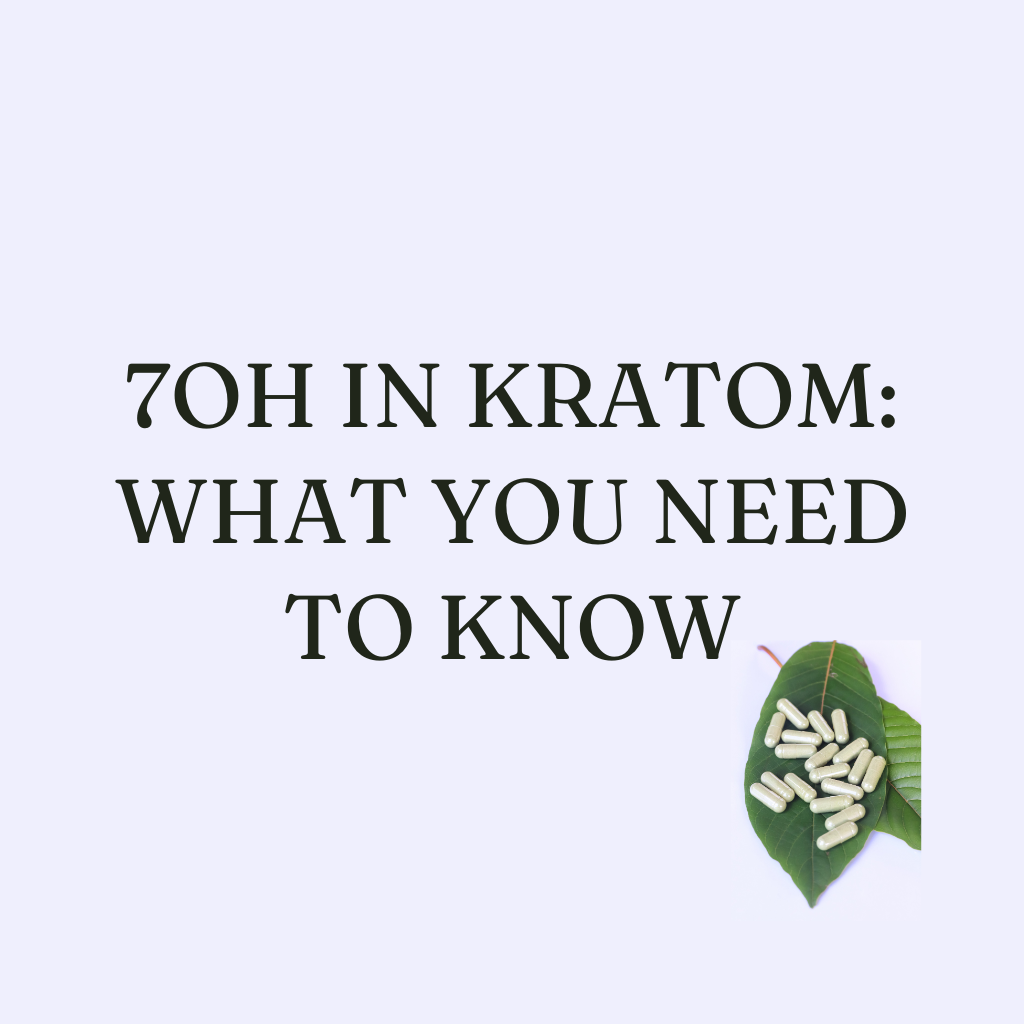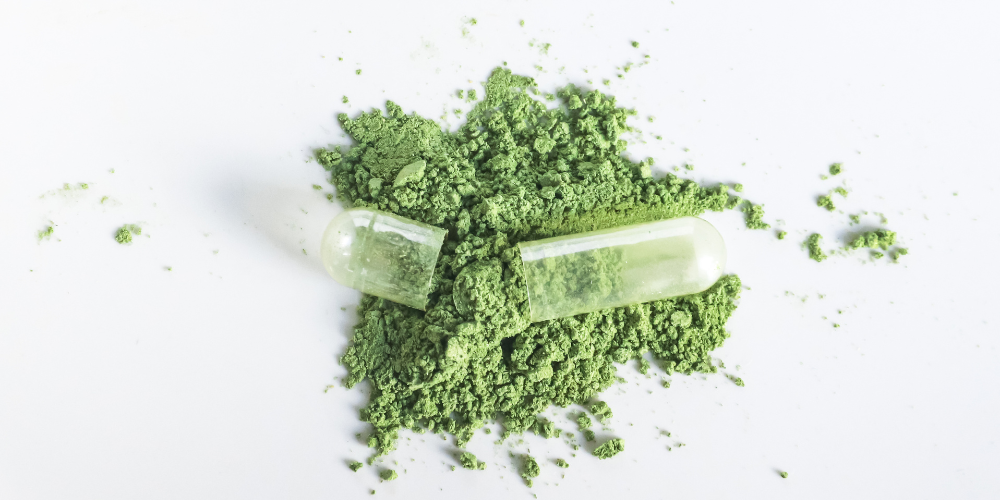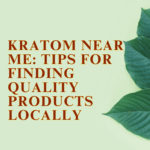
Free Shipping on Orders Over $75!
JOIN OUR EMAIL LIST FOR 20% OFF, weekly coupons up to 30% OFF
Is Kratom a Drug? Here’s What You Need To Know

There is a lot of debate on whether or not kratom is a drug. It can be pretty tricky to determine if it is or isn’t. I’m here to help answer your burning questions on this controversial topic and give a much better understanding of kratom.
Kratom is an herbal substance that provides stimulating and opioid-like effects. It can become addictive and cause side effects if it is not taken properly. The DEA has tried to list kratom as a schedule 1 drug. Although kratom is currently not scheduled as a drug by the DEA, it is still banned in certain states, counties, and cities.
Let’s get into the juicy details on the controversial substance that is our beloved kratom.
The Truth About Kratom Being a Drug
The truth is that kratom isn’t officially deemed a drug by the FDA or DEA. But, there are still plenty of medical and scholarly articles that consider kratom a drug. It can be pretty confusing considering that it hasn’t been scheduled as a drug and is still legal in most of the country.
With the scientific name “Mitragyna speciose,” Kratom originates from Southeast Asia, wherein the said plant is not even notably harmful to the people who regularly consume it there. Kratom is frequently dried, crushed, or smoked according to the locals’ intended use for it, which is usually for medical or recreational use. It is also sometimes added to dishes and tea to improve their taste.
Workers with tasks needing great physical exertion mainly resort to using Kratom as something to increase their vitality. They chew the leaves to achieve this. The effects of such also include increased productivity with increased focus and an apparent relaxing effect to the body that supposedly counteracts exhaustion with a good night’s sleep.
The alarming repercussions of its consumption were only apparent upon its slow and steady popularity in the Western countries. With its liquid extract, it is usually manufactured later on as a pill or capsule.
The reason for this labeling is because kratom actually attaches to the same mu-opioid receptors and gives off similar effects to opiates. For example, kratom can sometimes give you a feeling of being “high,” although it feels more like euphoria. It’s also pretty relaxing and soothing. Not to mention, it can give you a boost in your mood and concentration.
Another major reason kratom is considered a drug in the eyes of others is that it can become addictive. Tolerance builds quickly, and it can be easy to abuse. It’s not recommended to take kratom every day but many kratom lovers do it anyway.
Their main concerns obviously lie in the side effects as well, but more on that a little later.
The DEA on Kratom
The DEA has tried to make kratom a Schedule 1 drug, which is the most restrictive classification of drugs. That would put kratom under the same category as heroin and LSD. Back in 2016, they published a notice saying they would temporarily make kratom a Schedule 1 drug for reasons they deemed were hazardous to public safety.
However, they never went through with it. There was plenty of lash back from scientists and the public due to there being limited research on kratom. Many kratom advocates also came forward and gave their own experiences on how kratom has helped them with withdrawals from other drugs.
The National Institute on Drug Abuse (NIDA), for example, has even funded grants for research to be conducted on the said plant at the University of Florida College Of Pharmacy. The belief that the medical benefits of Kratom could possibly outweigh the harmful effects brought by its consumption is still constantly debated upon.
The research aims to further assess kratom’s alkaloids and overall effectiveness in the medical field. It will delve into the critical aspect of whether there is a significant difference between using fresh leaves compared to dried ones.
The FDA’s Involvement with Kratom
The FDA warns the public not to use kratom due to its potentially dangerous effects and abuse. Of course, this means that kratom is not FDA-approved.
It is a root of public concern and outrage gave that, ultimately, the FDA has not cleared it for medical use yet despite being legal in many other states of America.
In 2014, the FDA requested the U.S. Marshals to seize over 25,000 pounds of raw kratom in California.
In 2016, the U.S. Marshals seized almost 90,000 bottles labeled to contain kratom and over 100 cases of products containing kratom.
The FDA continuously evaluates the safety of kratom and they urge more research to be done. They also encourage healthcare professionals to report any side effects of kratom in order to better understand it.
As for now, kratom is still widely available throughout the U.S.A without a doctor’s prescription. I highly advise you to check your local regulations and always ask your doctor if you’re not sure about taking kratom.
Does Kratom Show Up On a Drug Test?
The short answer is yes, it can. But, it’s not very likely. You see, kratom does not show up on the standard 5-panel drug test, but it does show up on the kratom 10-panel test.
If you’re scheduled to take a 10-panel drug test, this will show kratom in your system. They also don’t really take any blood, saliva, or hair samples. It’s more likely that they’ll ask for a urine sample.
The one thing you should consider is if kratom is legal in the state, city, or county you’re in. If it’s legal, chances are your employer won’t fire you for taking something that is considered legal where you live.
How Long Does Kratom Stay in the Body?
There isn’t too much information on this, but it’s been said that kratom’s half-life is around 24 hours. If you’re likely to be tested for kratom, keep in mind that it might take one week for your body to completely flush it out.
Will Kratom Make Me Fail A Drug Test?
If you’re being tested with the typical 5-panel drug test, it’s very unlikely kratom will make you fail a drug test.
This is especially true if they’re testing you for other drugs like marijuana, cocaine, and heroin. For the most part, don’t sweat it. You’ll be alright if you took some kratom.
Kratom Drug Interactions, Is it Safe to Mix?
I don’t think it’s safe to mix kratom with other drugs. Here’s why.
According to the CDC, there were about 91 deaths related to kratom between 2016 and 2017. But, one thing that is pretty significant to note is that a lot of these deaths were related to other drugs being in their system as well.
There is continuous research regarding this concern, however. Scientists still mull over the concrete bases and implications of how Westerners are more likely to combine Kratom with other drinks like alcohol, for example.
This does make it hard to tell if kratom was a direct cause of these deaths or if kratom was just present. It could be that the other, harsher drugs caused those people to pass away from overdosing or other complications.
Regardless, I don’t recommend mixing kratom with other drugs. It can potentially trigger a very bad side effect that can lead to death. It might not be very safe and it’s probably best not to risk other long-term complications.
Try to stick to one or the other. Always ask your doctor for medical advice on your own situation.
What are Some Kratom Drug Effects
The effects of Kratom consumption may differ from person to person. It is also an observed detail that even tastes are different among the people who use it. But unlike alcohol, which results in a hangover as the clearest probability, Kratom does not have enough proof for that claim in all cases.
There are some side effects from using or abusing kratom. Although most of these are short-term, it’s good to know what can happen if you take more than you should. Here are some short and long-term side effects to be aware of.
Short-term side effects of kratom:
- Nausea
- Vomiting
- Tremors
- Dizziness
- Increased Anxiety
- Increased Heart Rate
- Constipation
- Etc.
Long-term side effects of kratom:
- Psychosis
- Addiction
- Anorexia
- Hyperpigmentation
Kratom’s Complicated Legality
Of course, the fact that the DEA has still not listed kratom as a Schedule 1 substance didn’t stop certain states from taking matters into their own hands. Currently, there are certain states that have made kratom a Schedule 1 and that have banned it altogether.
Here’s a quick list of places where kratom is banned:
- Alabama
- Arkansas
- California- (Banned in San Diego County)
- Indiana
- New Hampshire- (Banned in Franklin City)
- Rhode Island
- Tennessee -(Synthetic Kratom is banned. Non-synthetic is legal)
- Vermont
- Wisconsin
There are plenty of rumors that the DEA will soon make kratom a Schedule 1 substance throughout the nation, but we don’t know when or if that will be.
Best Kratom For Sale
If kratom is legal in your state or county, then it might not be such a bad idea to try it out. After all, this natural herbal substance has been used for centuries in Southeast Asia. Plus, it gives tons of amazing effects that people love, like increased focus, energy, relaxation, and a mood boost to help get you through the hectic day.
One of the best places to buy your high-quality kratom is from KratomKrush. You’ll get your kratom at a super low price and get it straight to your door with free ground shipping. You really have nothing to lose!
I recommend if you’re looking for something more relaxing and soothing, go for a red kratom strain. If you want something a bit more stimulating, go for a green strain such as Green Maeng Da!
Did like a post? Share it with:
nimesh
Search
Table of Index
Post Categories
Related Posts
Where to buy kratom near me is a question that many users find themselves asking when looking for quality products
Finding the best Kratom Powder near me can feel difficult with so many options available locally. But steering through stores
Are you one of those scrolling on the internet for ‘7ALKS near me’? Are you looking for 7ALKS, 7-Hydroxy 15mg
7OH, or 7 hydroxymitragynine, is a significant alkaloid found in kratom that plays a crucial role in its effects. This
Curious about 7OH kratom? You’re not alone. As more people explore different botanical products, 7 hydroxymitragynine (7OH) has emerged as
Have you ever accidentally over-consumed kratom and experienced a hangover? Well, the good news is they’re easily avoidable. A kratom
Disclaimer
Must be 21 years or older to purchase kratom. Products are not for internal use. The US FDA Has Not Approved Kratom as a Dietary Supplement. We do not ship to the following states, cities and counties in the US where Kratom is banned Alabama, Arkansas, Indiana, Rhode Island, Tennessee, Vermont, Wisconsin. Sarasota County, Union County, Denver, San Diego. All sales should be 100% U.S. sales only.
Consult with a medical professional before use if taking prescription medication or affected by a serious medical condition. Always seek medical advice before using this or any other supplemental dietary product. These statements have not been evaluated by the Food and Drug Administration (FDA).
© 2025 Kratom Krush. All Rights Reserved.Privacy PolicyTerms & Conditions


